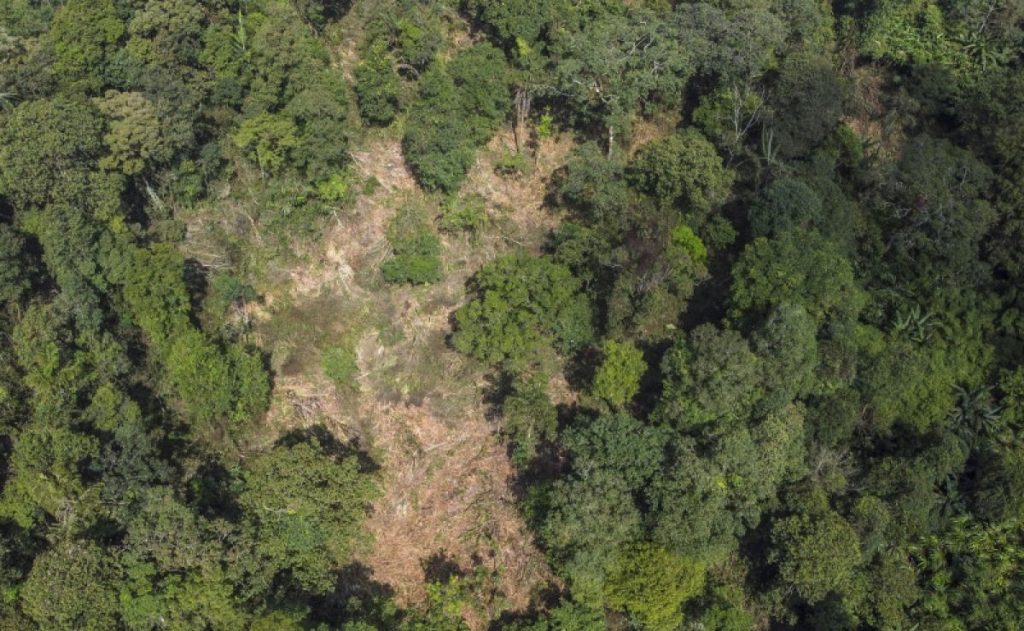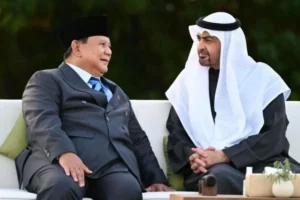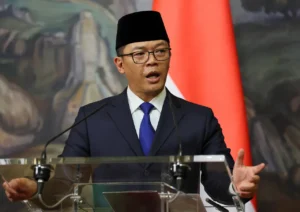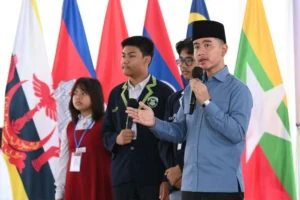Indonesia Demonstrates Deforestation Decline at UN Forum on Forests

Jakarta, The Gulf Observer: The Ministry of Environment and Forestry of Indonesia (KLHK) has unveiled remarkable progress in Indonesia’s efforts to combat deforestation, as showcased through recent presentations at United Nations forums focusing on forest conservation.
Addressing the UN Forum on Forests (UNFF) from Jakarta via online monitoring, Agus Justianto, Acting Director General of Sustainable Forest Management at KLHK, emphasized the transformative strides made in Indonesia’s forest monitoring system. Justianto underscored the significance of scientifically backed data in illustrating Indonesia’s deforestation trends, marking a pivotal milestone in the nation’s environmental stewardship.
Highlighting the comprehensive improvements in the forest monitoring infrastructure, Justianto revealed that Indonesia’s deforestation rate witnessed a substantial decline over the past three decades. The net deforestation rate experienced an 8.4 percent decrease from 2021 to 2022, with a concurrent reduction in gross deforestation by 14.1 percent.
In specific figures, Indonesia’s net deforestation during the 2021–2022 period stood at 104,000 hectares, reflecting a notable improvement compared to 113,500 hectares in 2020–2021. These achievements were made possible through a combination of remote sensing and field inspection techniques, affirming Indonesia’s commitment to employing cutting-edge technology in environmental monitoring.
At the core of Indonesia’s monitoring efforts lies the National Forest Monitoring System (SIMONTANA), facilitating the assessment of current forest conditions. Justianto elaborated on Indonesia’s intricate land cover classification system, comprising 23 distinct categories that delineate forest and non-forest areas, essential for informing national policies on sustainable forest management practices.
Echoing Justianto’s sentiments, Deputy Minister of Environment and Forestry, Alue Dohong, emphasized the critical role of accurate data in driving conservation initiatives and shaping policies with far-reaching economic implications. Dohong stressed the importance of leveraging robust monitoring systems to support Indonesia’s commitment to sustainable forest management and global environmental stewardship.
Indonesia’s active participation in the 19th UNFF, held at the UN Headquarters in New York from May 6 to 10, exemplifies the nation’s dedication to fostering international cooperation and knowledge exchange in the realm of forest conservation. The forum provided a platform for engaging discussions on enhancing forest monitoring practices and optimizing forest utilization strategies, featuring contributions from esteemed experts and informative exhibitions.


